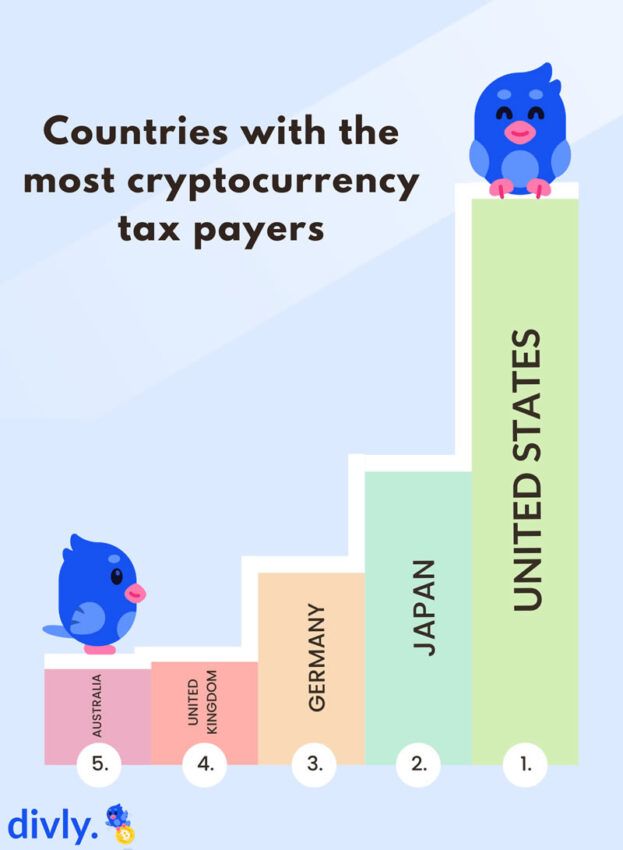– Support digital platformization and global success for African companies through user-centric AI sharing platform
– Accelerating business growth and global success through the UCAI Growth Fund
On December 20, 2022, Harex InfoTech Inc. (President Kyung Yang PARK), a pioneer in building User Centric Artificial Intelligence (UCAI) Sharing Platform (UB Platform) Global Network, announced a business alliance with Africa Fintech Network (AFN, President Dr. Segun Aina). The two organizations agreed to collaborate for the Digital Platformization and Globalization of Africa through the User Centric Shared Platform and the User Centric AI Growth Fund.
African FinTech companies can offer User Centric Hyper-Personalized AI Services tailored to each individual consumer’s time, place, occasion and event without a separate investment in developing an AI platform. They do this by sharing and unifying UCAI, overcoming the lack of data held by each company, thereby improving competitiveness.
With the enhanced competitiveness achieved by sharing UCAI, African companies can meet consumers, connect the world and expand their business globally through the User Centric AI Sharing Platform Global Network without limitation.
By sharing the products and services delivered from around the world through the User Centric AI Sharing Platform Global Network, African companies can connect consumers in Africa with the rest of the world, increase sales and profits while improving the welfare of African consumers.
To accelerate the expansion of the AI sharing platform ecosystem, both parties agree to work together to promote African companies’ business success and global expansion through the UCAI growth fund that invests in both AI technology companies and high-growth potential businesses using the UCAI sharing platform.
With the spread of the UCAI sharing platform in Africa, all African companies, from micro, small and medium enterprises to large corporations, can succeed, even without great financial power, based on the quality of their products and services rather than who has the most money. By offering hyper-personalized AI services to consumers worldwide, companies of all sizes can compete in terms of brand and strategy. By reducing the digital divide and eliminating the AI gap resulting from the monopolistic digital platform of large technology companies, the economic polarization in Africa can be resolved.
In addition, Africa, which currently lags behind in industrialization, will move forward as an advanced economy. This is achieved by leading the age of hyper-personalized AI services, helping to reduce the gap between developed countries and African countries, and ushering in the era of user-centric new economy. All people around the world can share equal opportunities to develop, live and flourish together.
Harex InfoTech President Kyung Yang PARK emphasized “We believe that the User Centric AI Sharing Platform and the UCAI Growth Fund will develop the fintech industry in Africa and improve the prosperity and happiness of 1.4 billion people on the continent.”
AFN President Segun Aina, who delivered a keynote speech at the “Seoul Dialogue on Africa” on the 14th, commented: “I am very happy that the two organizations signed an agreement for the development of the fintech industry in Africa, and we look forward to see this agreement lead to very positive results over the next 5-10 years.”
AFN is the platform that unites and connects African FinTech leaders, organizations and other key stakeholders through their country associations to create an ecosystem that stimulates the exchange of information, ideas, support and promotion of innovative technologies in the financial sector across Africa and beyond. . The network also serves as a platform for advocacy and coordinated regulatory and governmental interactions to minimize cross-border restrictions and facilitate fintech exchange on the continent. Currently, national fintech associations in thirty-four African countries are on AFN membership.
Harex InfoTech continues to take the initiative to build a user-centric hyperconnected network with platform sharing, providing hyper-personalized AI services and targeted marketing powered by UCAI, creating new values. Harex InfoTech signed a Joint Venture agreement for the establishment of UB Africa with SouthWest Holdings (Chairman Tewodros Ashenafi) on May 6 this year, heralding a new shared economic order for maximum benefits for all users and businesses in Africa.

[About Harex InfoTech Inc.]
Introduction
Harex InfoTech is a first-generation fintech company established in 2000, which announced the world’s first mobile card payment service in Silicon Valley (San Jose, CA) in the same year. It won the Gold Medal in Best Technology at “Innovation Projects 2013” held by PYMNTS.com at Harvard University. Harex InfoTech shares its platform with all enterprises to build a User Centric hyper-connected network capable of delivering hyper-personalized services powered by User Centric Artificial Intelligence (UCAI). These hyper-customized services herald a new shared economic order that maximizes benefits for users and businesses.
Terminology
*User-centric shared platform: UB platform
The User Centric Shared Platform is the platform that ▲ shares the “User Centric Service Paradigm” with all business units and unites them, ▲ provides all users with hyper-personalized services to improve their capabilities and happiness,n▲ and empowers companies to secure new customers, transactions, services, data and AI capabilities to create continuous profit and growth.
*User-centric service paradigm
The user-centric service paradigm is a paradigm in which: ▲ Individual users directly access service providers, pay, solve needs, collect data and use AI, preserve privacy and retain the sovereignty of their data and AI; ▲ The users access the service providers by using their own devices as routers;
△ There are no intermediaries between a user and service providers (trust entities);▲ The user is the center of the network.
*Hypercustomized service: Hyper-Personalized Service is a service that ▲ meets a specific user’s needs at any time, place and occasion,
▲ pleasantly surprises users with products or services they didn’t even know they wanted or needed, and leverages the user’s data using the AI engine optimized for that user.
*User Centric Artificial Intelligence (UCAI)
User-centric artificial intelligence that ▲ safeguards individual users’ privacy while enabling any business to collaborate and federate with other businesses in a secure and fair manner without sharing or integrating user data, ▲ provides users with relevant new benefits and increases business profit and value, ▲ improves the user’s capabilities and happiness, ▲ and increases the capabilities of all business units.
Any business unit across the board, even if it is not a large technology company, can deliver User Centric AI services through the shared platform without the associated risk and system investment that only large technology companies can afford.
*User-centric AI sharing platform: UB AI sharing platform
The User Centric AI (UCAI) sharing platform is the platform that ▲ shares “UCAI” with all business units and unifies them, ▲ provides all users with hyper-personalized services to enhance their capabilities and happiness, ▲ and empowers businesses to secure new customers, transactions, services, data and AI capabilities to create continuous profit and growth.
Copyright © Korea IT Times


























